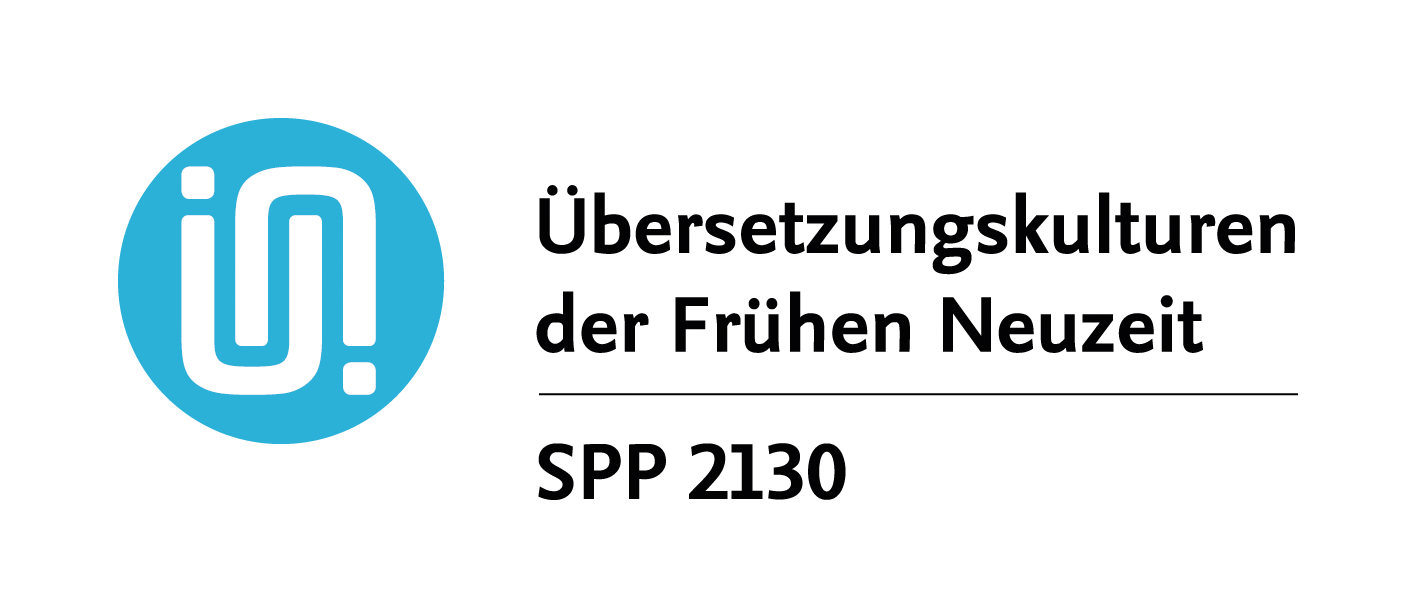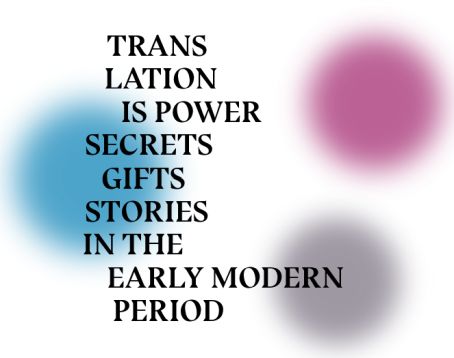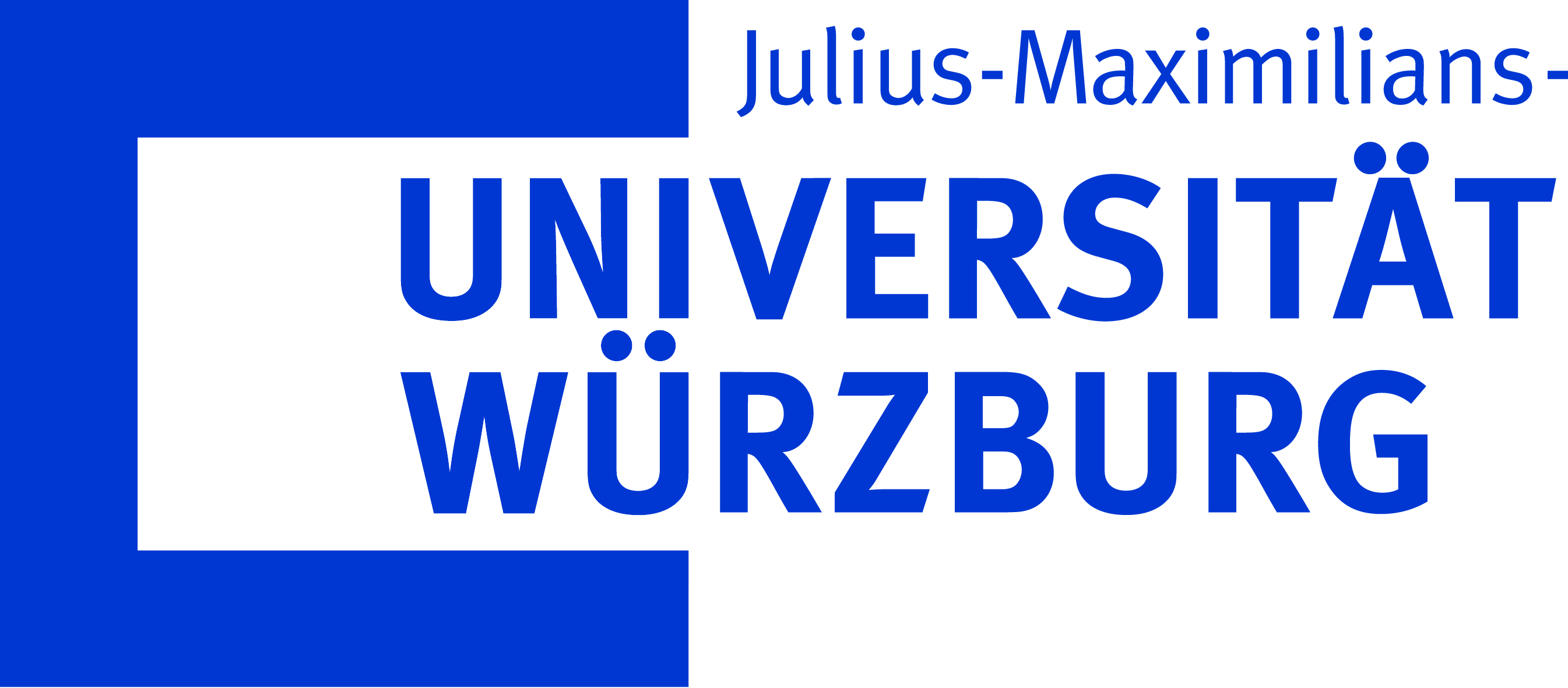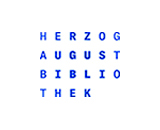Calender
Event Information:
-
Thu18Apr20247:00 pmLeipzig & online
Summer Semester Opening of the Lukian-Colloquium: “Translation Controversies”
Enrica Fantino and Philip Schmitz cordially invite you to the opening of the “Lukian-Colloquium” in the summer semester of 2024. On this occasion, Professor Dr Martin Revermann from the University of Toronto will give a lecture on the topic of “Translation Controversies” (you can find his abstract below). Martin Revermann, classical philologist and recognized expert in the field of the cultural history of theater, received a Humboldt Research Award in 2022. As part of this prize, he is researching the history and theory of translating ancient texts into modern languages in collaboration with the Institute for Classical Philology at the Justus Liebig University of Giessen (which nominated him for the award) and the Scuola Normale di Pisa.
The opening will take place on April 18 at 19:00 at this link: https://uni-leipzig.zoom.us/j/68931114228?pwd=NEpkN1llRVZmcEh4aEhnMDV1SXhKdz09
Enrica Fantino and Philip Schmitz would be very pleased if many SPP members would participate digitally or in person and present their projects in the coming semesters.
Abstract: Translation Controversies
Martin Revermann (University of Toronto)
Is any translation ever not controversial? The answer is probably no. Differences of opinion, on nuances or of a more pronounced nature, are likely to intrude at some point into any sustained discussion of translation in any context, academic or non-academic, with varying degrees of intensity and of the stakes involved. As a perhaps near-ubiquitous feature of translation and some kind of a ‘fracture point’ by default, controversy then promises to yield important insights about translators and translation communities, contested translation norms and the politics of translation alike.
My approach to the topic is a socio-historical one. It will differ from one prominent treatment which has previously looked at translation controversy (at monograph length), Venuti’s The Scandals of Translation: Towards an Ethics of Difference from 1998. In keeping with his conviction that translation has historically been both stigmatized and marginalized, Venuti’s project is disruptive and polemical, aimed at changing institutional dynamics surrounding translation (among, for instance, publishers) which Venuti considers to be exploitative and repressive. Unlike Venuti, however, my focus will be more on the socio-culturally relevatory and intellectually diagnostic character of controversy dealing with, and triggered by, translation. By further contrast, I see controversy as, ultimately, productive, beneficial and necessary: the fact that it is inevitable when it comes to translation is not a liability but an enormous asset, not least for Classicists themselves.




